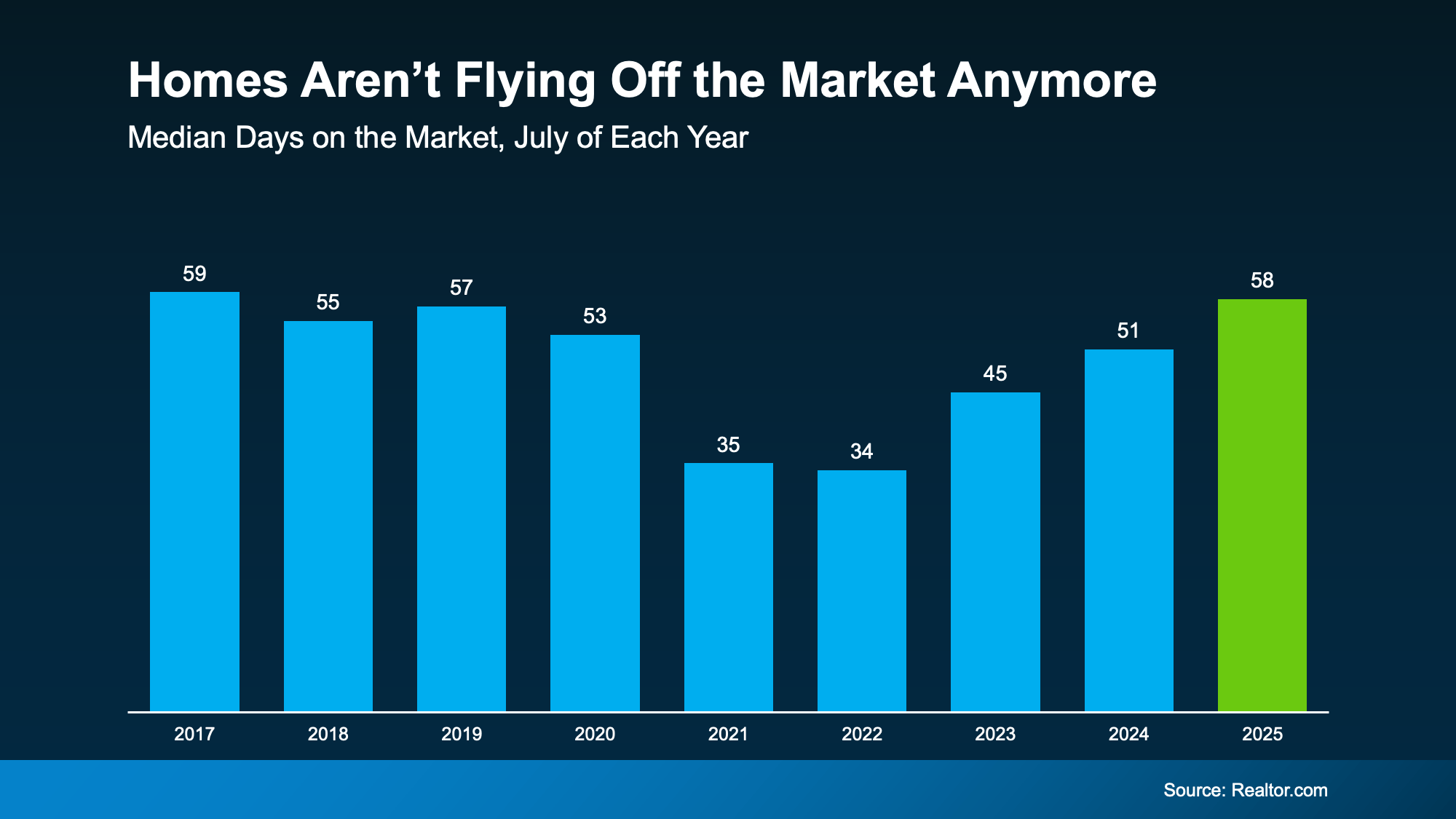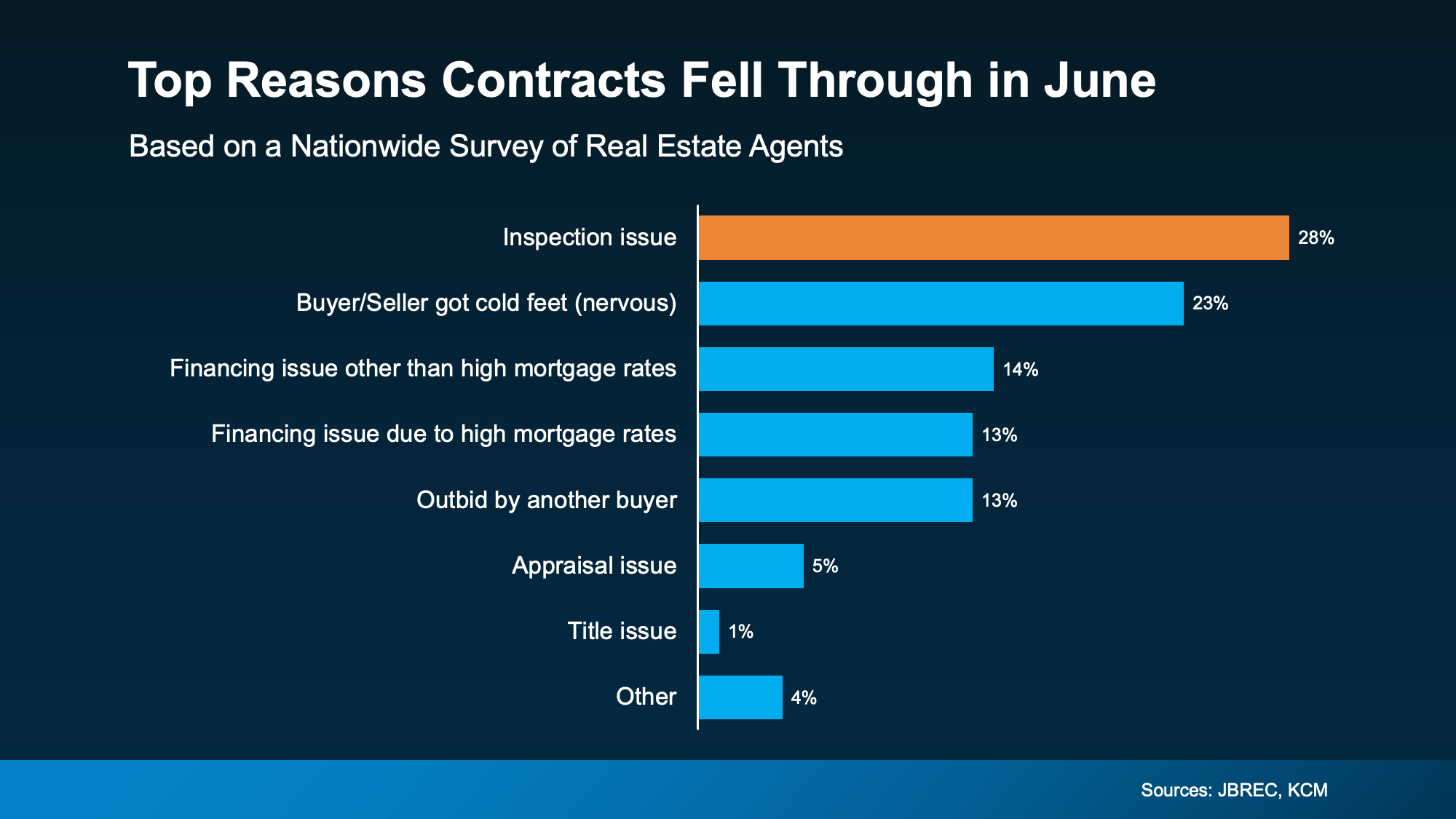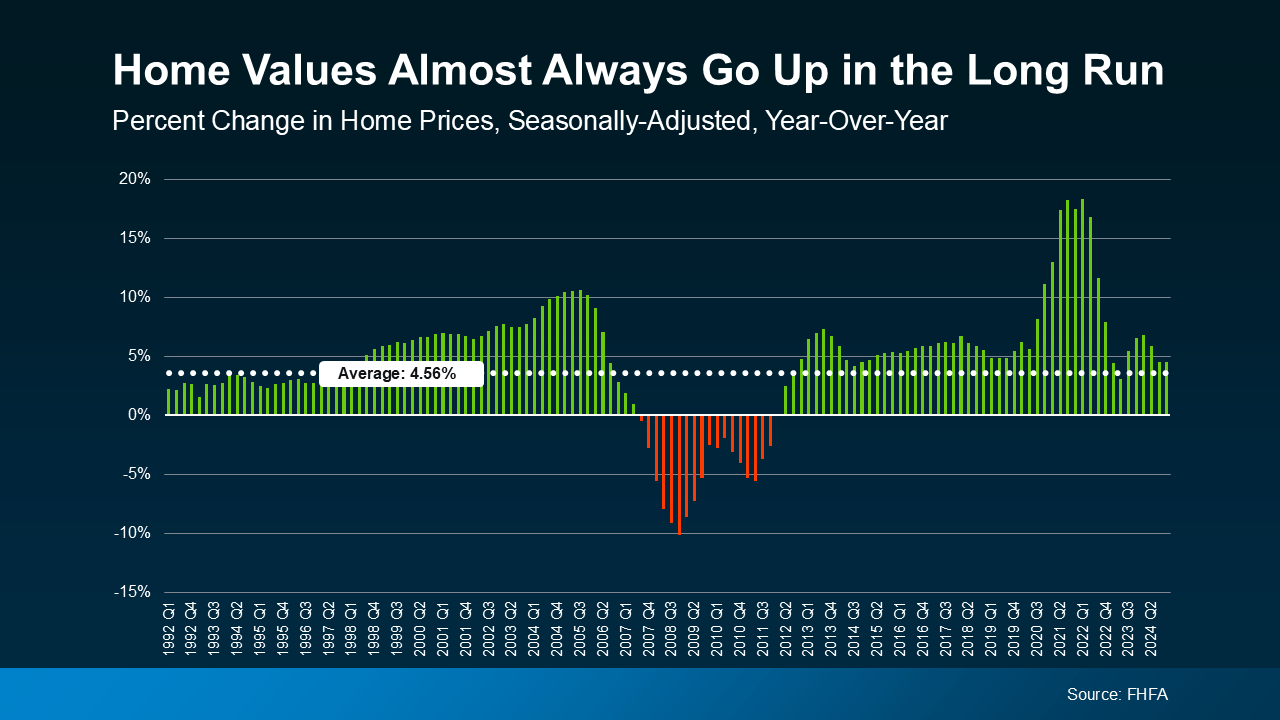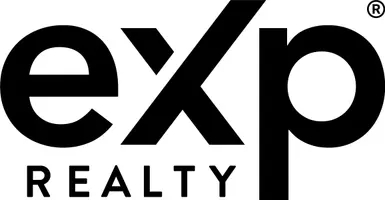Understanding Reverse Mortgages: A Guide to Financial Freedom for Seniors
Understanding Reverse Mortgages: A Guide to Financial Freedom for Seniors
As retirement approaches, financial stability becomes more important than ever. For homeowners aged 62 and older, a reverse mortgage—specifically a Home Equity Conversion Mortgage (HECM)—can be a powerful financial tool. It allows you to access the equity in your home without selling or taking on monthly mortgage payments.
Whether you’re looking to eliminate a mortgage, supplement retirement income, or simply improve your cash flow, this guide will help you understand the basics of reverse mortgages, their benefits, and protections in place for borrowers.
🏡 What Is a Reverse Mortgage?
A reverse mortgage is a special type of loan that allows homeowners to convert part of the equity in their home into tax-free cash. Unlike traditional mortgages, you don’t make monthly payments—instead, the loan is repaid when the home is sold, the borrower moves out permanently, or passes away.
The most common type is the Home Equity Conversion Mortgage (HECM), which is insured by the Federal Housing Administration (FHA).
📚 Source: HUD – Reverse Mortgages
🔍 How Does It Work?
-
You keep full ownership of your home.
-
You can receive funds as a lump sum, monthly payment, or a line of credit.
-
The amount you can borrow depends on:
-
Your age (or the age of your spouse)
-
Your home’s value
-
Current interest rates
-
✅ Important: You are still responsible for paying property taxes, homeowners insurance, and general maintenance on your home.
💡 Common Uses for Reverse Mortgage Funds
Many homeowners use reverse mortgage proceeds to:
-
Pay off an existing mortgage
-
Supplement Social Security income
-
Fund medical or in-home care expenses
-
Complete home renovations
-
Build a financial cushion for unexpected needs
-
Buy a new home that better fits your lifestyle using a HECM for Purchase (H4P)
📚 Source: Consumer Financial Protection Bureau
🛡️ Safeguards to Protect Seniors
HECMs include strong federal protections, including:
✅ Financial Assessment
Borrowers are evaluated to ensure they can pay property charges like taxes and insurance.
✅ Non-Borrowing Spouse Protections
Even if your spouse is under 62 and not on the loan, they can often stay in the home after your passing, as long as loan terms are followed.
✅ Mandatory Counseling
You must complete a session with a HUD-approved counselor before applying, ensuring you fully understand your options.
📚 Source: NRMLA – Reverse Mortgage Safeguards
✔️ Who Qualifies for a Reverse Mortgage?
You may be eligible if you:
-
Are 62 years or older
-
Own your home (or have substantial equity)
-
Live in the home as your primary residence
-
Meet financial eligibility requirements
❓ Frequently Asked Questions
Does the bank own my home?
No. You continue to own your home. The reverse mortgage is simply a lien on the property.
What happens if I owe more than the home is worth?
HECMs are non-recourse loans. You or your heirs will never owe more than the home’s value—FHA insurance covers the difference.
Will it impact my benefits?
It does not affect Social Security or Medicare. However, it may impact Medicaid or Supplemental Security Income (SSI) if not structured carefully.
📚 Source: AARP – Reverse Mortgages Explained
🧭 Is a Reverse Mortgage Right for You?
A reverse mortgage may help you:
-
Stay in your home longer
-
Reduce monthly expenses
-
Delay tapping retirement savings
-
Create a backup plan for care or emergencies
But it’s not one-size-fits-all. A reverse mortgage should be part of a well-thought-out financial plan—discuss it with a trusted real estate and lending professional.
👋 Let’s Talk About Your Future
Whether you’re curious about using your home equity or want to explore all your retirement options, I’m here to help.
Contact: Sid Magill
📍 Realtor, JPAR Silverpath Realty
📞 (801) 540-6401
✉️ sid.magill@outlook.com
🌐 www.sidsellshouses.com
🏡 Your home may be your greatest asset. Let’s unlock its potential together—on your terms.
Categories
Recent Posts










GET MORE INFORMATION


